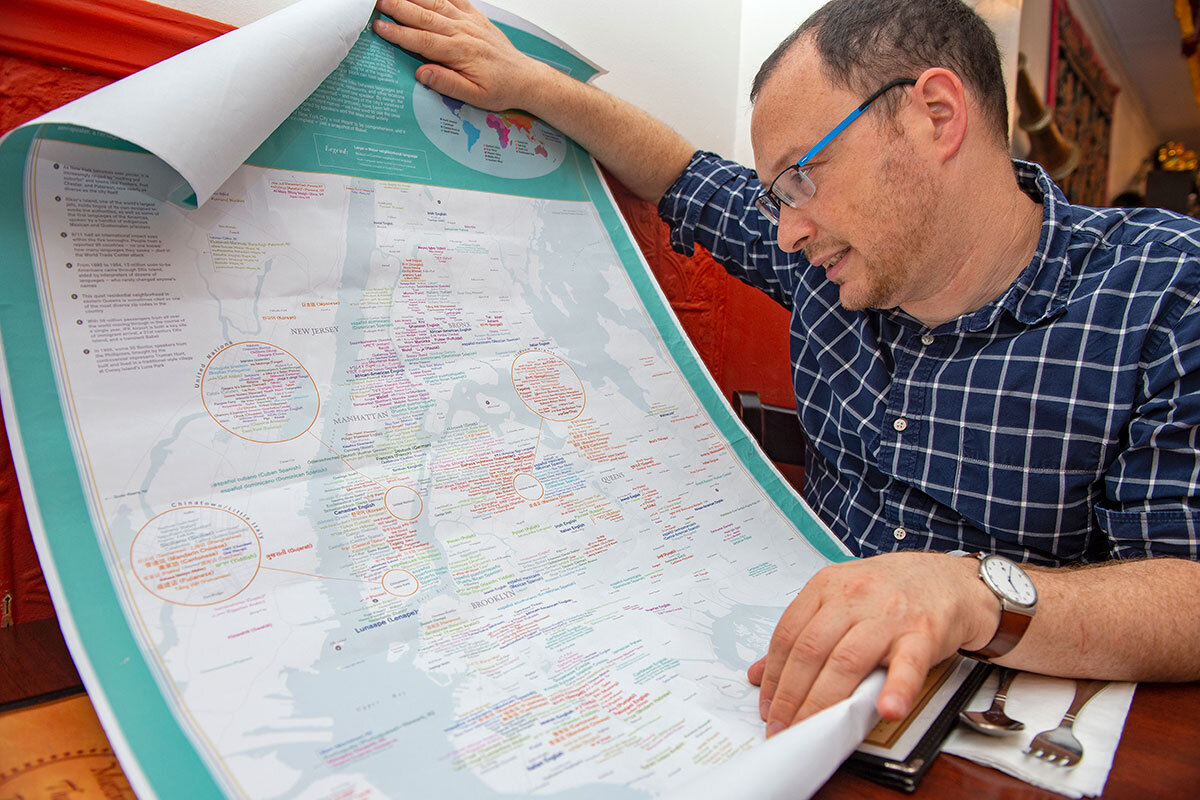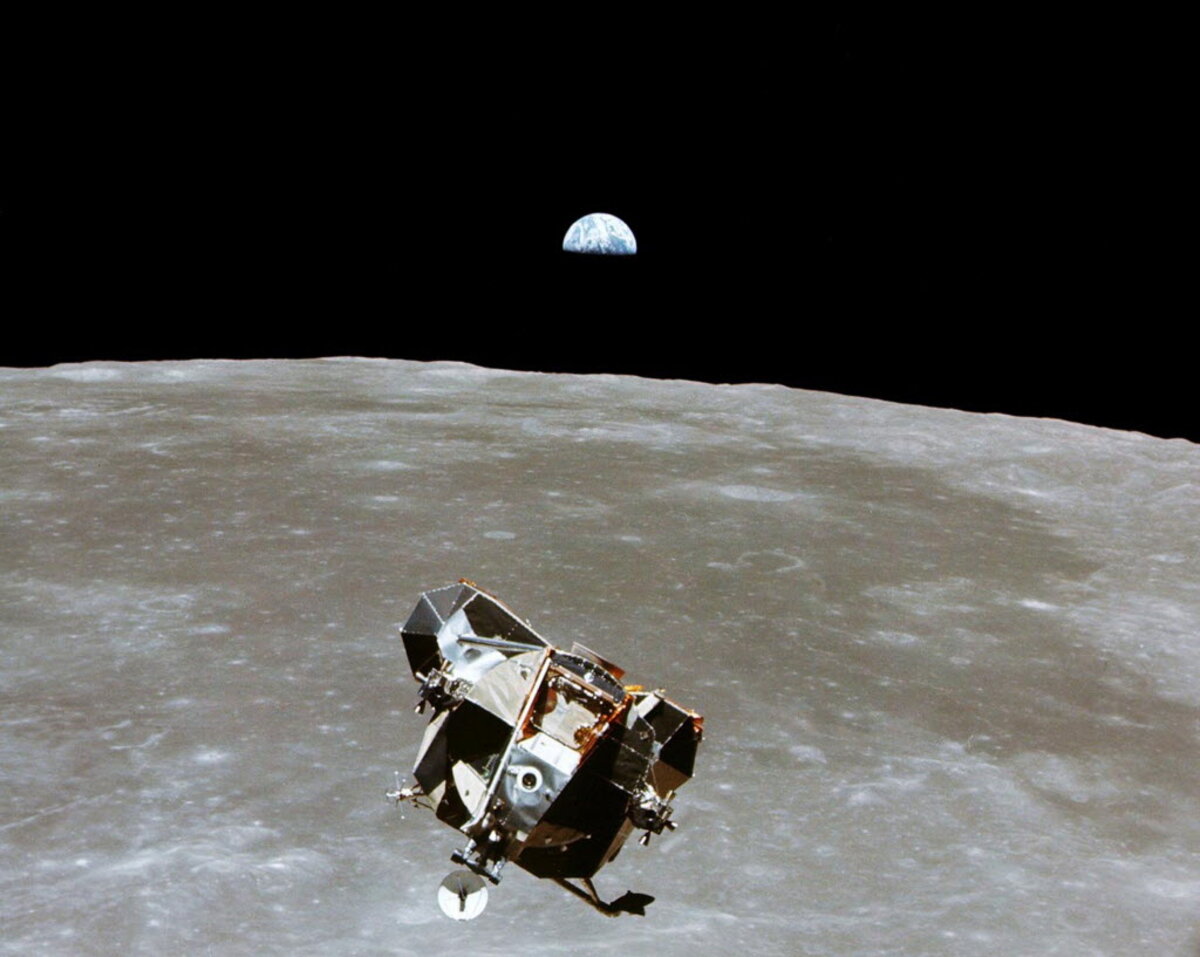Mention a housing shortage, and we’re likely to think of challenges in New York or San Francisco. Our writer on the farm beat found it’s just as big an issue on the wide-open Plains.
Monitor Daily Podcast
- Follow us:
- Apple Podcasts
- Spotify
- RSS Feed
- Download
 Peter Grier
Peter Grier
Welcome to your Daily. Today we look at solutions to the rural housing crisis and perhaps to Middle East strife, the proliferation of spoken languages in one New York borough, how interns could change Congress, and an oasis of hope on the Korean Peninsula.
First, consider this quote: “Fight until the end.”
That’s from Rose Lavelle, star midfielder for the U.S. women’s national soccer team. Speaking after the Americans beat England to reach Sunday’s World Cup final, she talked about her and her teammates’ relentlessness. That’s why they’ve reached the edge of this championship, she said.
The importance of perseverance is an old sports cliché. It’s up there with “the best defense is a good offense” and “there’s no ‘I’ in team.”
But in this case it looks to be true. Relentlessness is a matter of preparation as much as will. And the U.S. team has assembled more players who are bigger, more focused, and more experienced than their competition is. In a series of tough games they’ve proved that if one part weakens, they can throw in another and keep coming, no matter what.
That’s no guarantee of finals victory. England had chances to beat them. The Netherlands has a 1-in-3 chance to win the final, according to data site FiveThirtyEight.
What it does mean is the current U.S. team is today’s incarnation of a movement, a deep and long-standing dominant force. It’s not novel that America is the favorite. If the U.S. women win, it would be their fourth title in eight World Cups. They’ve won gold in four out of six Olympics.
So watch the game and remember this is not a team, or a sport, on the verge of a breakthrough. It is a dynasty – and deserves to be treated as such.










